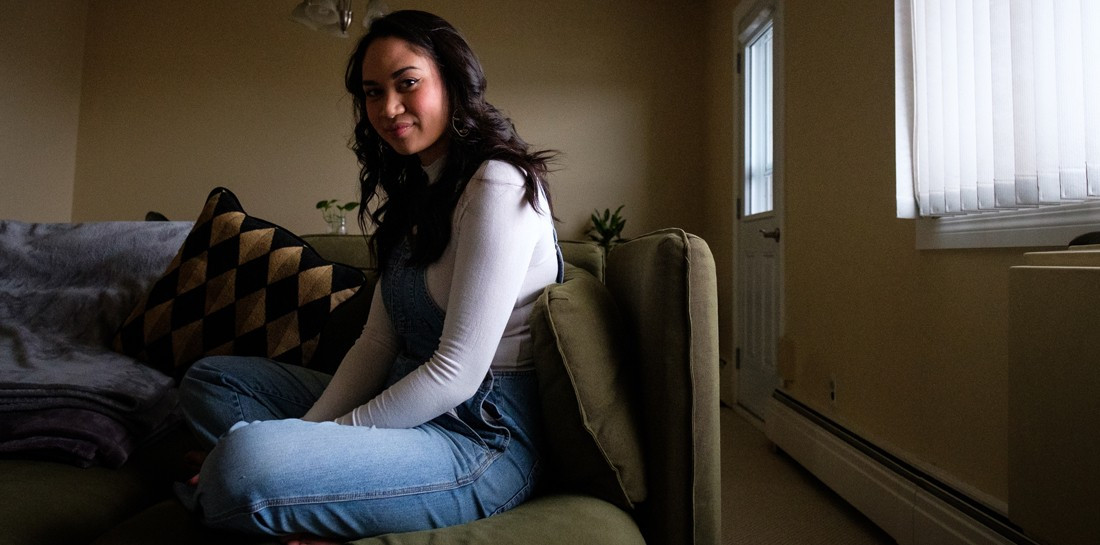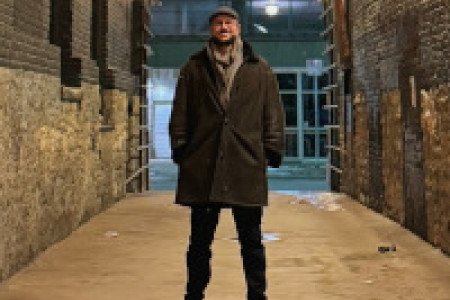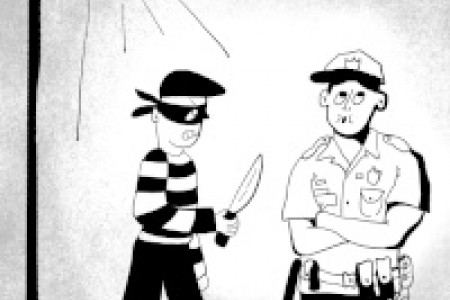Callouts are the symptom, not the problem
Winnipeg talks callouts, safer spaces and institutional change
UPDATE: The Uniter is adding the following disclaimer to this article.
Any instances of online "callouts" or accusations referenced in this article are presented only as examples of the "callout culture" phenomenon. They are not presented as fact, and The Uniter has neither verified nor refuted any claims made in the accusations discussed in the article.
It’s 2020, and certain bloggers and cultural commentators have become obsessed with the question of whether “callout culture” has gone too far.
Callout culture refers to a broad phenomenon in which groups or individuals voice their concerns of injustice and try to hold those who have harmed them accountable, usually on social media.
But it seems the world thinks that callouts have run their course. People are talking about reconciliation and forgiveness, public figures are speaking out against “cancelling” one another, and various online communities are applauding them.
“It was really thrilling to stand up for myself and demand that space, but it was also a situation that I never should have been put in in the first place.” - Kristina Guevarra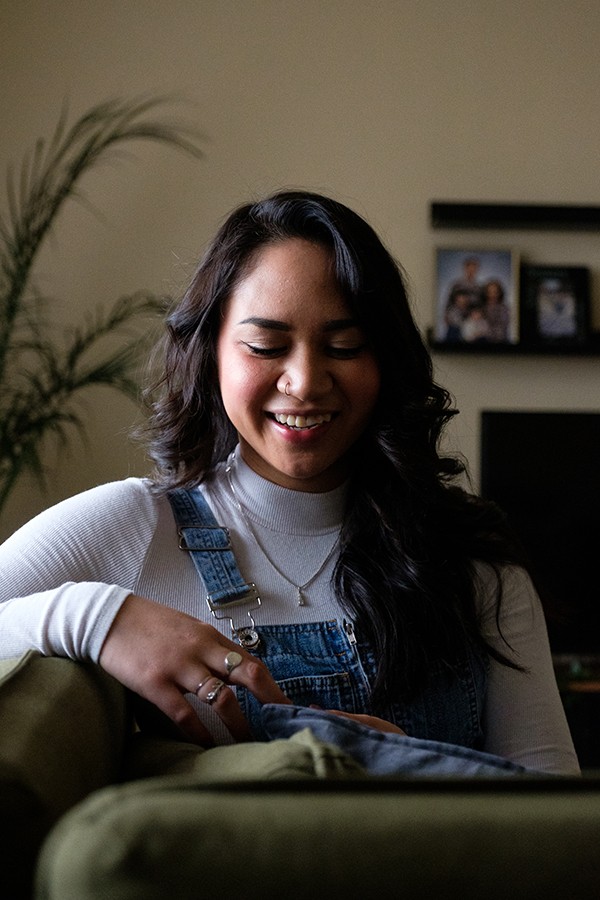
Barack Obama commented on this phenomenon at an Obama Foundation event in October 2019, saying, “this idea of purity, and you’re never compromised, and you’re always politically ‘woke’ and stuff. You should get over that quickly. There are ambiguities.” Joaquin Phoenix’s Oscar acceptance speech advocated for education and forging connections based on commonality and forgiveness, instead of “(cancelling) each other for our past mistakes.”
But is it that simple? Groups who have been marginalized by unequal power structures insist on the importance of callouts as a way to hold people accountable for their actions when institutional and social structures do not. Not only can callouts reaffirm a sense of power and self for people who have had that taken away from them by abuse, marginalization or discrimiation, but they also allow folks to identify supportive communities and create structures of safety around themselves.
We have to want change
Stephanie Strugar is a safer spaces consultant who works with organizations in Winnipeg and across Canada to develop more inclusive policies.
Working through Cultural Human Resources Council (CHRC), as well as privately, she believes in the power of education and institutional change to mitigate harms that are being brought to our attention across the globe.
At the same time, she does not see a point in criticizing folks who have turned away from institutional platforms to voice their experiences and concerns.
“We have to want to change, we have to see a need, and there wasn’t enough pressure until people started calling people out on social media, so that’s a good thing,” Strugar says. “I find some people get frustrated,” she explains, “like, ‘oh those are just people whining or making a big deal out of nothing’ ... but no, these communities, these people, these issues do exist, and they are important.”
Callouts don't come out of nowhere
One of the biggest misconceptions about public callouts is that the person doing the calling out has not tried to access other systems that might help them achieve justice and safety before turning to social media.
Kristina Guevarra, a Filipinax Winnipeg comedian, has personal experience with the ins and outs of callouts and what happens behind the scenes.
In November 2019, Guevarra called out two abusers in her community on social media. Her choice to share her truth publically was the result of an extended and messy period of time in which the systems in her community failed to adequately support her. Guevarra entered the Winnipeg comedy scene when she was 17.
“At first, it was really enchanting. Everyone was already good at their craft,” she says. “I met a lot of men – it’s a pretty white, male, cis-dominated space – and I would reach out to them for advice and mentorship, and I was met with what I thought was kindness. “But it was a bit more insidious than that,” she explains.
Guevarra met two men in the industry with whom she became involved. She alleges that both relationships culminated in abusive behavior and assault over a number of years. One man was 10 years her senior, and the other was 17 years older than her.
“I spent a year and a half engaging with behaviour that was damaging to my self-esteem, my sexuality, my mental health, and I was told to be silent about it for a long time, because it would be bad for my career.”
Before publicly calling out her two abusers on Facebook, Guevarra contacted the two men directly to try and hold them accountable. Guevarra explains that both individuals continued to insist they had not assaulted or harmed her, and that everything had been consensual.
“They just kept gaslighting me, so it wasn’t doing anything. It was just terrible for my mental health,” she says. Systems at her workplace also failed to provide her with adequate support. Her employer offered to get her joint counselling sessions with one of the men who had harmed her (who was employed at the same organization). Guevarra wasn’t comfortable with this arrangement.
“It dawned on me that (they) weren’t really looking out for me,” Guevarra explains. Eventually, she reached out again to her abusers, asking them to make a public statement about the events that transpired.
This backfired, with one individual refusing to comment and deleting his Facebook account, and the other posting a Facebook status that divulged far too many details about what Guevarra felt was a very personal and traumatic experience for her.
“It was very explicit and (included) details I didn’t want out there ... He should have cross-referenced those experiences with me,” she explains.
Soon after this, a town hall was organized, which is a meeting that happens in the Winnipeg comedy community where different producers and comedians gather to talk about how to make the local industry a better place.
This town hall had a specific focus on Guevarra’s situation and the topic of accountability, although she had thus far remained unnamed.
Prior to the event, Guevarra had asked if she could discuss her experiences at the meeting on the condition that the men in question were not present. She was not given a clear answer, and when she arrived, both of them were there.
“I was having this panic attack ... and I had to go to the bathroom, and I was like, ‘I should leave.’ And something just clicked instead, and in front of everybody, I was like: ‘hey, I love this conversation about accountability, but I don’t feel comfortable sharing this space and conversation with my abuser. “‘You know who you are. You can get up and leave.’ We kind of fought in front of everybody,” she says.
It was following this event that Guevarra posted on social media naming both individuals and telling her truth.
Rethinking restorative justice and trauma
Guevarra’s experience seems like the kind of restorative justice that popular culture is asking for gone wrong.
Stephanie Stobbe, associate professor of conflict resolution studies at the University of Winnipeg, explains that official restorative justice models define crime as “a violation of relationships, of people, of obligations.”
She says restorative justice is focused on the relational aspect of harm, working to meet the needs of all of the parties involved, with a specific emphasis on community involvement in the process.
Stephanie Stobbe, associate professor of conflict resolution studies at Menno Simons College.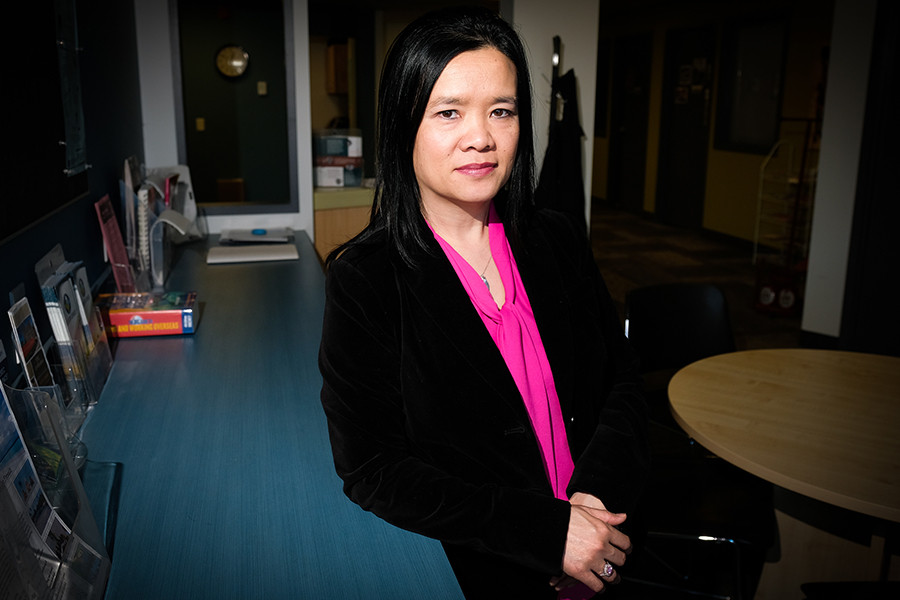
Stobbe says “any organization that is going to use a restorative justice model or process must be very familiar with it and educated about it and must ensure that their facilitators are trained professionals, so there are no further injuries.” The choice to use a restorative approach to deal with sexual abuse, assault or harassment is controversial at the best of times.
“Some people would say if it involves sexual violence, sexual assault, those kinds of cases where there’s a big power imbalance between the offender and the victim, that they would not do victim-offender mediation or restorative justice processes,” Stobbe says.
Jerra Fraser, counsellor with the sexual assault crisis program at Klinic Community Health, explains that trauma-informed approaches to dealing with sexual violence use empowerment models that centre around the choice of the person who has been harmed.
Jerra Fraser, counsellor with the sexual assault crisis program at Klinic Community Health
This means that in a situation where a survivor, their abuser and members of their community were to gather together to have a discussion, it would be entirely on the terms of the survivor. Fraser explains that the survivor-focused approach taken at Klinic “acknowledges that (abuse, assault or harassment) likely took away a sense of choice, power and control, and we are trying to give that choice power and control back as much as possible.”
Guevarra’s choice was sidelined the moment she was denied full transparency about whether or not her abusers would be present at the town hall. “It was really thrilling to stand up for myself and demand that space, but it was also a situation that I never should have been put in in the first place. I asked for a safe space, and I asked for them not to be at the town hall.”
On the topic of taking back power, Guevarra explained that, in the end, calling out her abusers on Facebook was extremely empowering for her. “Of course, I was scared. I was scared to talk about it for years ... I gave them chances. I gave them years of my life. It was just my way of reclaiming my power back.”
Get Trained!
Strugar insists that organizations need to start prioritizing the development of informed safer spaces policies to ensure that when situations like Guevarra’s arise, people are ready to deal with them. She suggests that organizations and institutions begin by creating checklists and self-identifying problems.
“Be really critical. Go through it. And if you find that your areas of weakness cannot be solved by research online, then take a course or bring in a consultant,” she says.
Many Winnipeg businesses have been doing innovative work on this front, including but not exclusive to Forth, the Good Will Social Club, Synonym Art Consultation and the The Tallest Poppy. Talia Syrie, owner of The Tallest Poppy, says her restaurant, which holds a wide variety of events including Drag Brunch and First Friday afterparties, focuses on keeping guests informed, comfortable and having fun.
The Tallest Poppy makes sure that a version of their safer spaces policy, which includes zero-tolerance for any kind of harassment or discrimination, is posted in their gender-inclusive bathrooms at all times and can be found throughout the space during events and shows.
All of the staff that works events at Tallest Poppy are also required to go through training at Red Tent. Syrie herself has taken the training and describes it as “super helpful.” Above all, she believes that keeping spaces safer for everyone should not just be about damage control, but it should actually be about fostering creativity, connection and fun.
“It’s really important to us that people feel comfortable and obviously safe,” she says. “I don’t want people to just feel not in danger. That’s kind of the bare minimum, I think. I want people to feel nice.”
Moving forward
There is much work to be done on policy, not to mention the work of undoing lifetimes of ingrained misogyny, racism, ableism, homophobia and transphobia, among other forms of discrimination, before people should even consider criticizing callout culture, which is itself a symptom of these issues.
Not only do judgments made on callouts incorrectly assume that there is a “reasonable” way for someone to respond to trauma, but they also often imply that a survivor is walking away unscathed, while the perpetrator is being sentenced to a lifetime of isolation and shame.
“That didn’t happen,” Guevarra says, explaining that both of the people she called out are still significant pillars in her former circles. Guevarra suggests that when people think about who is losing in situations like hers, they should consider the people who have the courage to come out with stories of abuse when they are up against individuals with so much power.
“It's about the person who puts their entire life on the line. Not even just career, not even relationships, but reputation as well – it’s everything. “Everyone is so concerned about rehabilitating and reconciling with (my abusers), but no one has checked on me,” she admits.
Strugar echoes this, saying “it’s great to say love, second chances, compassion, but then show it through action, make changes in your policies and reprimand those who are doing the damages.”
“And people, say what you need to say,” she adds.
“It’s hard.” Guevarra reiterates: “I don’t want people to be afraid of calling their abusers out, because we shouldn’t be afraid of losing anything. “Maybe I did lose a community, maybe I lost a venue. I lost some opportunities and some people I really used to care about, but at the same time, I gained my power back, I gained my self-esteem, and I gained my safety.”
Published in Volume 74, Number 20 of The Uniter (March 5, 2020)

